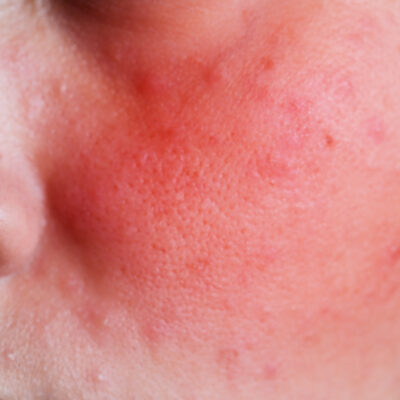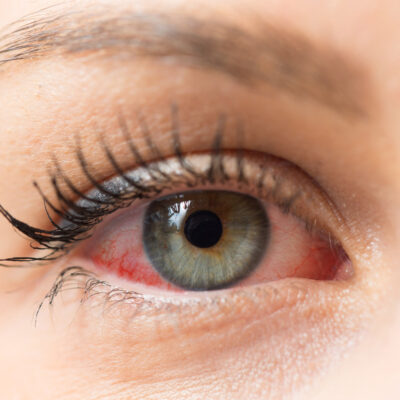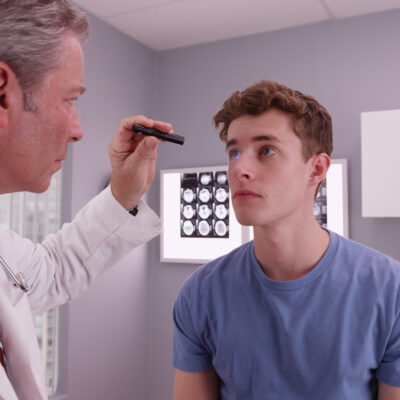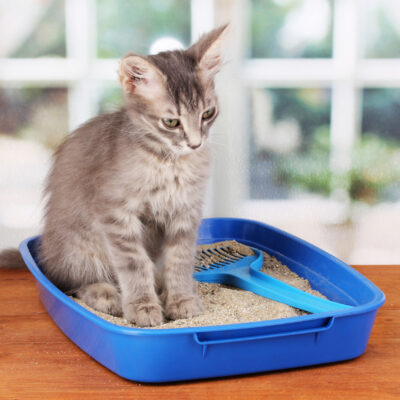
health
6 Early Warning Signs of Seizures
Most people associate epilepsy with jerking movements, but one might be surprised to find that there are other symptoms—often silent symptoms—that are also associated with the condition. While a seizure is the most common symptom of epileptic conditions, there are many other symptoms, too. Seizing movements may be a symptom of other illnesses as well. This symptom is evidence that the normal connections between nerve cells in the brain have been disrupted, and the causes of this are numerous, including low blood sugar, concussion, or withdrawals from substances like alcohol or illicit drugs. Here are six early warning signs of an oncoming or ongoing seizure: 1. Breathing problems or stopping breathing In some episodes of seizing, the individual may stop breathing momentarily. The individual should see a physician if the stopping of breathing or other breathing problems do not return to normal after the episode is over. Also, if the seizing lasts for more than five minutes and is accompanied by a loss of breath, then a trip to the hospital is in order. 2. Loss of bowel or bladder control Whether the seizing is considered “grand mal” (which is a major jerking episode and may involve a fall or a loss of breathing) or a “petit mal” one, the individual experiencing that episode may see a loss of control of both the bladder and the bowels.
Read More 















